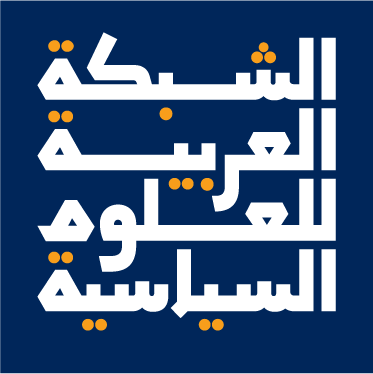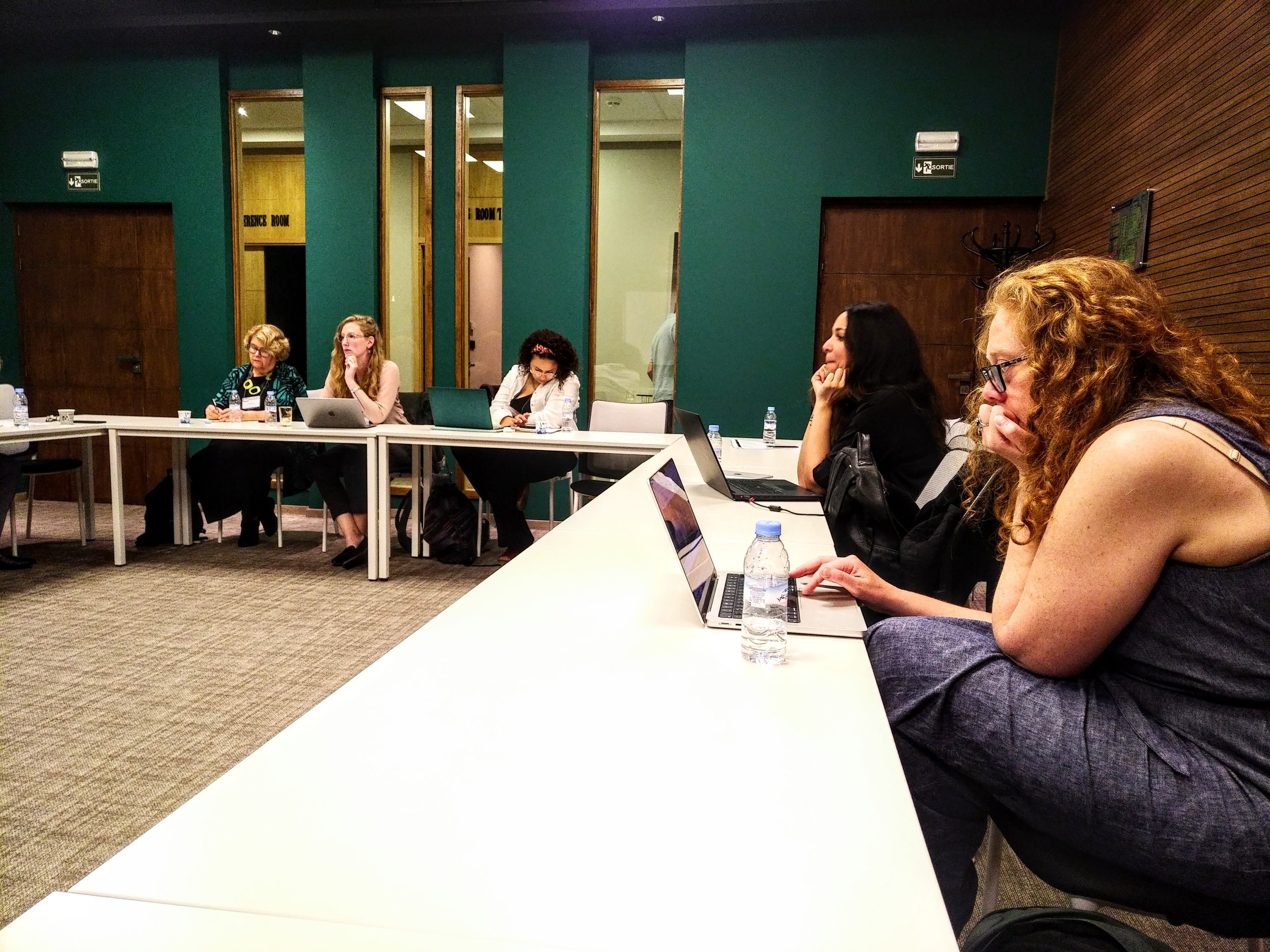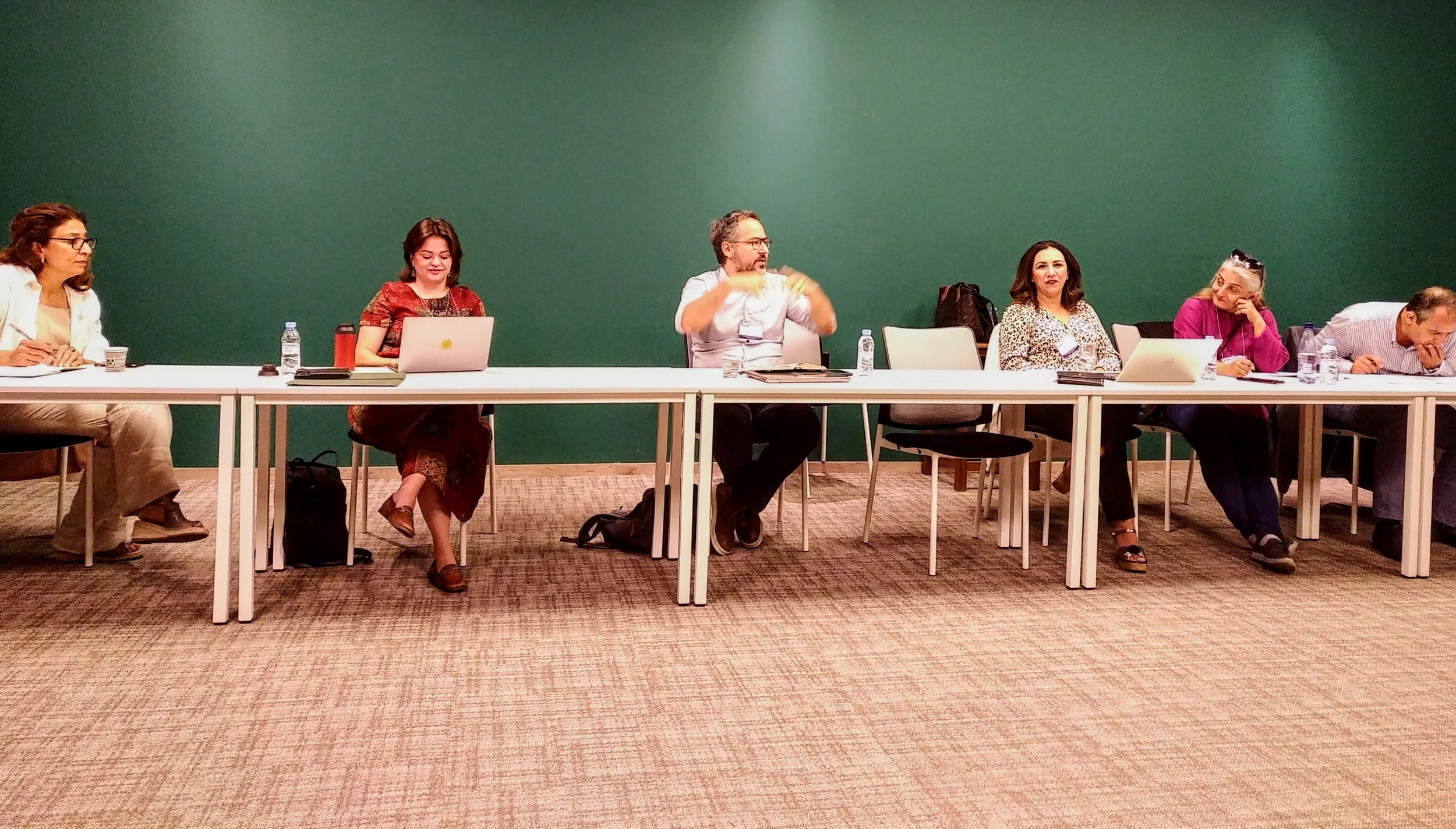In conjunction with the ISA conference in Ifrane, the Arab Political Science Network (APSN) organized a roundtable titled: The Ethics of Social Science Research and Teaching in MENA. This session complemented and contributed the deliberations at the conference reflecting on the roles of Society, the State and the different solidarities spanning Africa, the Middle East and the Maghreb.
For over a decade, the MENA region has witnessed different iterations of protests, counter-revolutions, civil wars, economic disruption, and regional contestation. This instigated a growing interest in revisiting many of the contentious local, national, and regional topics of research in MENA. Scholars carrying out research and teaching in and on MENA continue to face numerous research challenges, from choosing the topic of inquiry, choosing appropriate methodologies, carrying out the actual research, disseminating findings and deploying the resulting social science knowledge production in and out of the classroom. These questions sometimes raise not simply practical but vexing ethical issues in the often-inhospitable research climate across the region.
APSN has been working to assess the research landscape and support an interdisciplinary network of political and social science scholars develop tools to remedy some of the challenges and gaps facing their research and teaching efforts. In this regard, the roundtable was an opportunity to exchange views and showcase the work of other partner organizations, namely the Arab Reform Initiative (ARI) and the Rabat Social Science Institute (RSSI). The discussion highlighted the opportunities for and challenges to social science research and teaching, as well as any relevance to public policy and policymaking. The participants reflected on these broader questions.
1. The impact of on-going civil strife (social, economic, and political), stifling public spaces and authoritarian practices on current and new research.
2. How can we utilize existing and advance new interdisciplinary approaches to help us understand complex overlapping dynamics and navigate restrictions?
3. To what extent digitalization, online platforms and tools can be a help or a hindrance to responsible teaching and research?
4. How can scholars navigate ethical considerations and ensure the responsible use of digital resources in their work?
5. What mechanisms can help create and maintain supportive and collaborative networks of research, funding and mentoring in and across MENA?
6. What new priorities and realities should researchers and funders pay attention to?
Roundtable Speakers
Saloua Zerhouni, Professor, Mohammed V University, and President of the Rabat Social Science Institute (RSSI).
Nadim Houry, Executive Director, Arab Reform Initiative (ARI).
Nermin Allam, Associate Professor of Politics, Rutgers University-Newark, and Co-founder of the Arab Political Science Network (APSN).
Ahmed Morsy, Senior Researcher, Stockholm International Peace Research Institute (SIPRI), and Chair of the Arab Political Science Network (APSN)



